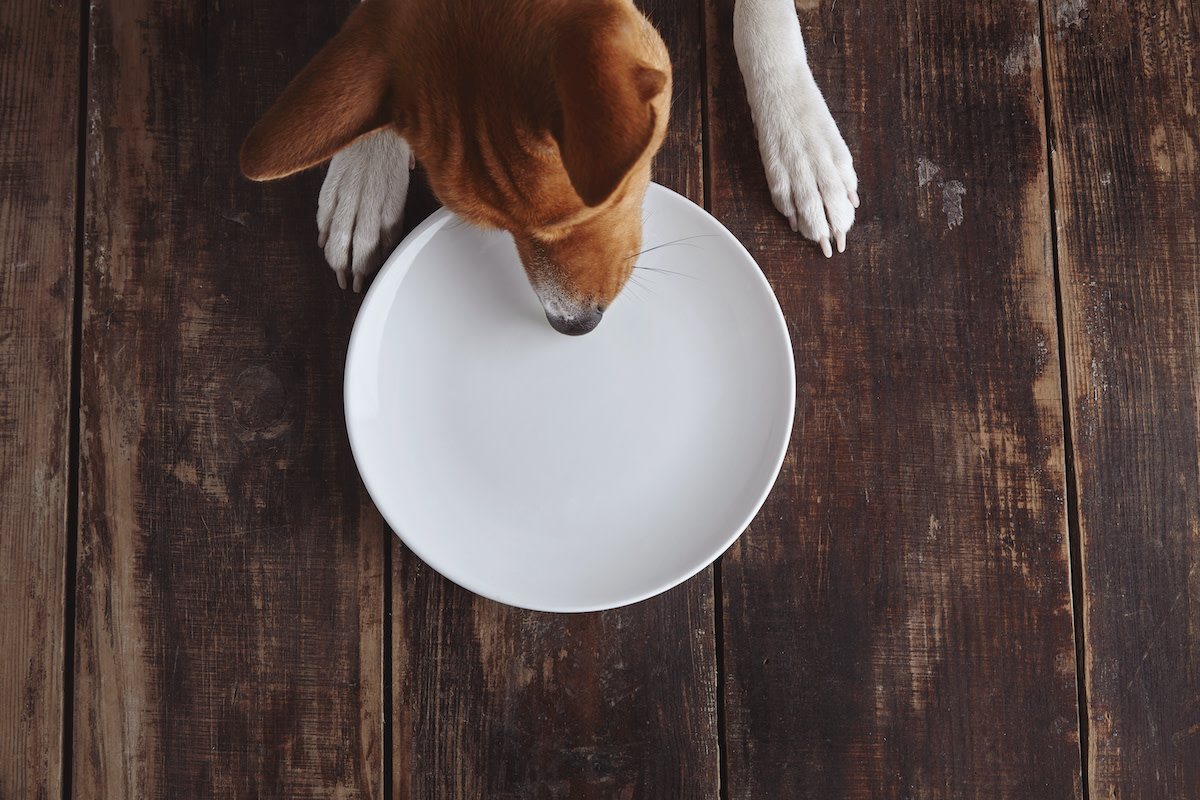Can Dogs Eat Curry? 3 Harmful Side Effects of Curry Powder
Written by MasterClass
Last updated: May 19, 2022 • 2 min read
Curry can be a spicy, savory human food, but you should never add this meal to a dog’s diet. Read on to learn about the adverse effects curry consumption can have on your dog’s health.
Learn From the Best
What Is Curry?
Curry can refer to curry paste, curry powder, or a curry spice blend. It can also refer to a Japanese, Jamaican, Thai, or Indian dish containing rice, sautéed meat or vegetables, and a spicy sauce.
What Is Curry Powder?
Curry powder is a commercially available spice blend. The main ingredient of curry powder is usually turmeric, a South Asian rhizome with a bright yellow color and earthy flavor. British colonists developed curry powder as a mass-produced way to mimic the complex flavors found in South Indian sauces and stews.
Can Dogs Eat Curry?
Never feed your dog curry or other spicy foods, as excessive amounts could severely damage a dog’s digestive system or lead to obesity and other serious health consequences.
Some curry recipes contain cumin, coriander, and turmeric. While these spices might have antioxidant and anti-inflammatory properties that could benefit a human’s immune system, it’s unsafe for dogs to consume them in the quantities necessary to experience potential health benefits.
Traditional curry recipes contain several ingredients that make this food a risky snack or dog food additive. If your pet mistakenly consumes large amounts of curry, ensure you provide fresh water to combat the risk of dehydration. Additionally, alter your dog’s diet temporarily to include bland foods, such as plain chicken and rice, until your dog’s stomach issues subside.
3 Curry Ingredients Dogs Cannot Eat
Consider these common ingredients in curry recipes that can place your pet at serious risk of developing an upset stomach and or other issues:
- 1. Alliums: Garlic, onions, and other alliums contain high thiosulfate levels, a type of sodium that diminishes a dog’s natural production of red blood cells. For example, a dog that consumes an onion might develop hemolytic anemia and a blood sugar imbalance.
- 2. Curry leaves: If a dog eats curry leaves, there is a chance they might develop adverse side effects and digestive issues. Although veterinarians do not consider raw curry leaves a toxic ingredient, dog owners should monitor their pets for signs of gastrointestinal upset.
- 3. Spicy curry powder: Chilies and cayenne pepper in spicy curry recipes contain high levels of capsaicin. This compound can damage a dog’s stomach lining, leading to ulcers and gastrointestinal issues.
Before Sharing With Your Pooch
Certain human foods can cause adverse reactions in canines, so always consult your veterinarian to determine whether it is safe to add these foods to your pet’s diet. This article is for educational and informational purposes and is not a substitute for medical or dietary advice.
Want to Learn More About Training the Goodest Boy or Girl?
Your dream of having a dog who understands words like “sit,” “stay,” “down,” and—crucially— “no” is just a MasterClass Annual Membership away. The only things you’ll need to train up a well-behaved pup are your laptop, a big bag of treats, and our exclusive instructional videos from superstar animal trainer Brandon McMillan.
